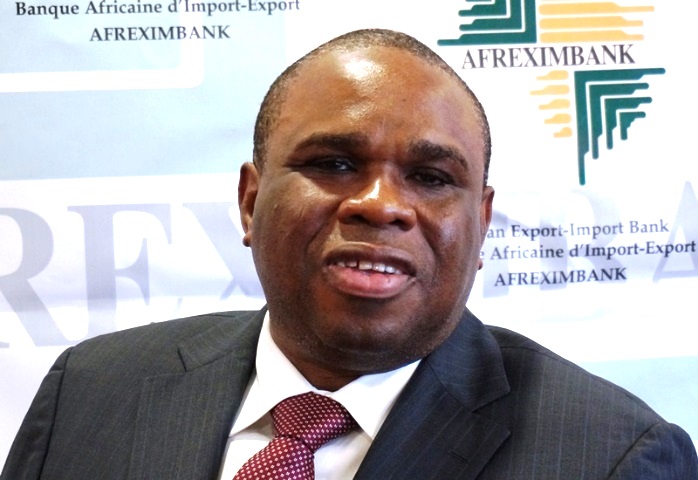Africa urged to increase intra-African trade and investment

Prince Sunduzani, Business Reporter
THERE is a need for increased intra-African trade and investment in value addition for the continent to grow its economy and benefit more from its natural resources.
African Export-Import Bank (Afreximbank) president Dr Benedict Oramah said this during an address at the “Africa Leaders Speak” forum at Harvard University last week.
He attributed Africa’s low levels of capital accumulation to failure by economies to capture a good share of agricultural commodities and natural resource value chains.
Dr Oramah said limited access to finance was another reason for Africa’s low capital accumulation, noting that foreign direct investments were very low and concentrated on a few sectors like the extractives industries.
As such, Dr Oramah urged African economies to bring on board the African Diaspora for financial solutions as they command a huge economic constituency.
“For Africa to break from the vicious cycle of low income, low savings and low investment, it must move away from commodity dependence into production of higher value-added goods, thereby accumulating capital along the value chain and increasing trade amongst African economies in order to gain comparative advantage, and retain more value within the continent,” said Dr Oramah.
“The African Diaspora, with GDP estimated at over $500 billion, must be seen as a market for exports and for sourcing human and financial capital.”
He noted that global players were earning huge dividends of up to 50 percent from African resources while African economies retained an average paltry four percent. “Of the global cocoa sector, which generated $120 billion annually, African farmers delivered 77 percent of the cocoa supply but retained only three per cent to eight per cent of the value while a few foreign traders and chocolate manufacturers earned between 32 per cent and 50 per cent of the global cocoa value chain,” said Dr Oramah.
“Similarly, in the oil sector, Africa received only three per cent of the $3 trillion from the petroleum products market although it accounted for 10 per cent of crude oil reserves. In other sectors like gold, Africa accounted for 50 per cent of the world’s deposits but received only four per cent of the over $300 billion global gold earnings.”
Earlier this year, 44 African leaders, including President Emmerson Mnangagwa, signed the African Continental Free Trade Area (AfCFTA) protocol establishing the African Economic Community relating to free movement of persons, right of residence and right of establishment and the Kigali Declaration. The development is expected to boost intra-African trade and improve the continent’s trade competitiveness and growth in export business.
@PrinceNkosy102









Comments